Intelligence Collection: Social Media
With the popularity of social media, more and more people are using it not only for
social communication, but also as an intelligence gathering tool. On social media,
users can send information to the outside world by posting content, liking,
commenting and other activities.
This information may include personal
information of certain people, news about specific fields, social hotspots, etc.,
which are valuable resources for intelligence collection. First, to obtain valuable
intelligence, you need to choose the right social media platform.
Today, all
major social media platforms have their unique characteristics and user groups.
Choosing the right platform can make it easier and more accurate to obtain valuable
intelligence. Second, establish a clear goal for intelligence collection. This can
help us focus more on collecting information related to the target.
For
example, if we want to understand the views, preferences or whereabouts of a
specific group, we can follow their social media accounts or search for hashtags
related to them, so we can more accurately collect intelligence on that group.
Most importantly, it is important to protect personal information and
privacy. In social media, personal information can be compromised at any time.
Therefore, when collecting intelligence, it is important to comply with relevant
laws and regulations and not to violate the privacy and human rights of others. At
the same time, we should also protect our personal privacy and avoid overexposure.
We can choose to protect our privacy by using screen names and masking personal
information.
1. Facebook
Facebook is an online
social media and social networking service owned by the American technology giant
Meta Platforms. Created in 2004 by Mark Zuckerberg with fellow Harvard
College students and roommates Eduardo Saverin, Andrew McCollum, Dustin Moskovitz,
and Chris Hughes, its name derives from the face book directories often given to
American university students.
As of December 2022, Facebook claims to have
2.96 billion active users per month and ranks as the third most visited website in
the world.
Facebook can be accessed from devices with Internet connections
such as personal computers, tablets, and smartphones. After registering, users can
create a profile to display information about themselves. They can post text, photos
and multimedia and share them with any other user who agrees to be their "friend" or
post them publicly through different privacy settings. Users can also use Messenger
to communicate directly with each other, join common interest groups, and receive
notifications about Facebook Friends events and following pages.

2. Twitter
Twitter is a micro-blogging social platform that
has conquered the world and is based in San Francisco, USA. Its main function is to
allow users to post and share information in no more than 140 characters. Both
regular users and government agencies and officials have found their stage on
Twitter.
As of 2018, Twitter has more than 350 million active users, and the
number of tweets posted every day is as high as 400 million, which fully
demonstrates the strong influence of Twitter in the field of information
dissemination and social communication.
On October 27, 2022, Elon Musk
acquired Twitter for $44 billion, gaining control of the platform. Since the
acquisition, the platform has been criticized for fostering content containing hate
speech.
On December 20, 2022, Musk announced that he would step down as CEO
once a replacement was found, and on May 12, 2023, Musk announced that he would step
down as CEO in approximately six weeks and that Linda Yaccarino, the former head of
ad sales at NBCUniversal, would become the new CEO.
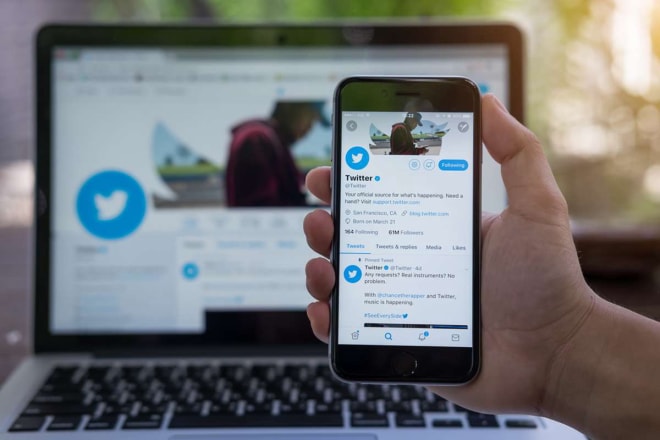
3. LinkedIn
LinkedIn is the world's largest professional
networking platform, headquartered in Mountain View, California. It is dedicated to
providing a one-stop career development platform for individuals and companies. As
of 2020, LinkedIn has more than 600 million users in more than 200 countries and
regions around the world.
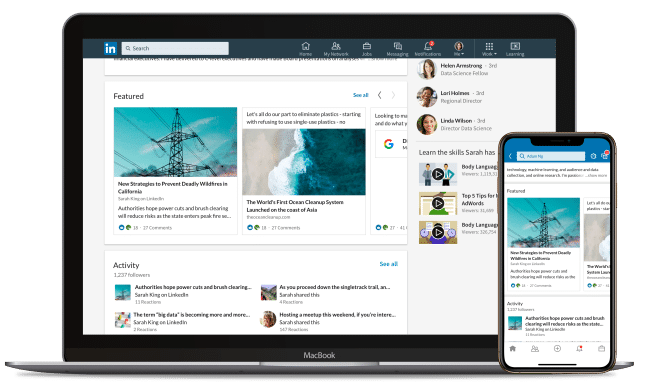
4. Discord
https://discord.com/
Discord is a free web-based real-time calling software and digital
distribution platform designed for the community, targeting gamers, educators,
friends and business people. Users can communicate with each other via messages,
pictures, video and audio in the software's chat channel. The software is available
on Microsoft Windows, macOS, Android, iOS, Linux and the Web.
As of 2021,
the service has more than 350 million registered users and more than 150 million
monthly active users.

5. Instagram
https://www.instagram.com/
Instagram, a
social application and platform mainly for sharing photos on mobile, was acquired by
Facebook in 2012. Instagram has a huge user base, which has exceeded 1 billion in
2018.
Instagram also contains a lot of social elements, in addition to
general functions such as building friendships, replying or sharing, as well as
features such as name tags for quick interaction with strangers.
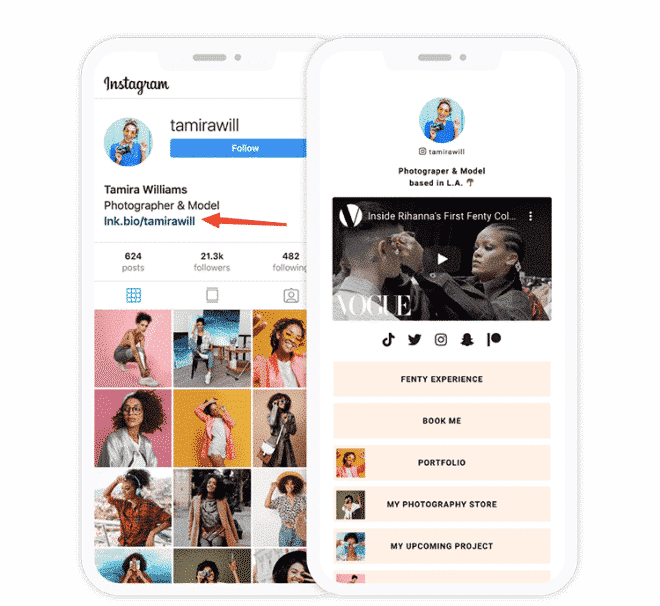
6. Pinterest
https://www.pinterest.com/
Pinterest is
a world-renowned photo sharing social networking site based in Palo Alto,
California, USA. Not only can it be categorized by multiple tags by theme, it is
also a highly creative tool for personal image collection and visual exploration.
Similar to Twitter, users can save images of interest on Pinterest and share
them with other networkers. This has made Pinterest a popular social application,
attracting millions of users worldwide with its innovative and interactive nature.

7. VKontakte
https://vk.com/
VKontakte, or VK for
short, is a well-known online social networking site of Russian origin, based in the
Virgin Islands, and is one of the largest websites in Russia, with a majority of its
users being citizens of Russian-speaking countries.
VK is very similar to
Facebook in that users can post their own blogs in the form of pictures, videos,
voice and location information, while allowing other users to leave public messages
or comments.
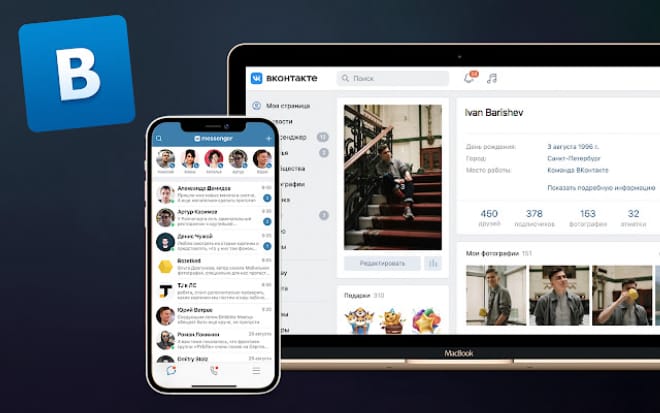
8. Tumblr
https://www.tumblr.com/
Born in 2007,
Tumblr is one of the world's largest light blogging sites, based in New York, USA.
It combines the strengths of traditional blogs and micro-blogs, featuring
stream-of-consciousness-style trivial narratives that allow users to document their
lives in short blogs and share multimedia and other content.
In addition to
having the usual features like commenting and sharing, bloggers can enjoy many
interesting features in Tumblr's dashboard. In this innovative way, Tumblr has
played a very important role in the establishment and growth of light blogging
sites.

9. Snapchat
Snapchat
is a multimedia social instant messaging application focused on mobile. Currently,
users can easily use it on Android and iOS platforms. One of its most attractive
features is its "burn after reading" feature, which limits the lifetime of each
message to less than 10 seconds.
Originally dedicated to photo sharing
between users, Snapchat now offers not only a rich set of built-in filters, lenses
and stickers for photos and videos, but also user stories and discovery features,
which are arranged chronologically, as well as augmented reality and many other
interesting features.
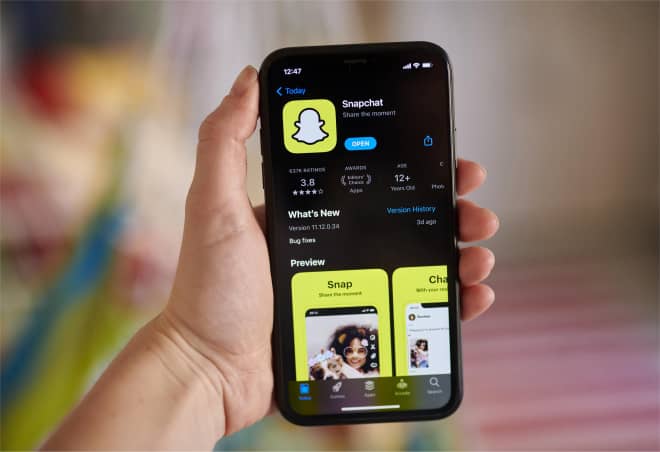
10. WhatsApp
WhatsApp Messenger, or WhatsApp for short, is a
free communication application owned by Facebook that enables cross-platform
messaging and voice delivery between smartphones and PCs. The application allows
users to send text, voice, and video messages and share media such as pictures,
documents, and locations.
Use of the service requires users to provide a
standard cellular cell phone number for registration. As of 2018, WhatsApp has
reached Brazil, India, Pakistan and most of Europe, with more than 1.5 billion users
worldwide.
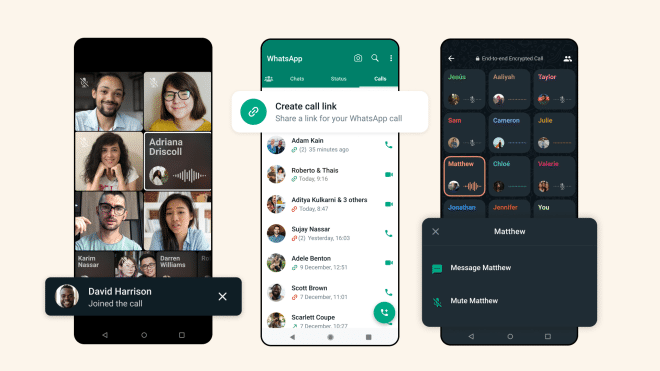
11. Skype
Skype is an instant messaging application that
provides video calls and voice calls to and from other connected devices or
traditional phones/smartphones through system devices that have an Internet
connection including cell phones, tablets, etc. Users can send and receive instant
messages, transfer files, send and receive multimedia messages, and conduct video
conferences through Skype.

12. Telegram
Telegram is a Russian instant messaging
software, released in 2013 and co-founded by the founder of the Russian social
networking platform VK. Telegram allows users to exchange encrypted messages and
"burn after reading" messages with each other in the form of photos, videos, audio,
etc.

13. Flickr
https://www.flickr.com/
Flickr is an image hosting service and video hosting service platform
created in 2004. Flickr offers two types of accounts: a free version and a
professional version. The free version can currently store only 1,000 photos and
videos, and the length of videos is limited to 3 minutes, while the pro version has
unlimited storage space.
When users upload images to Flickr, the images will
form a photo stream, all of which can be displayed in a logical view and can be
displayed in a slideshow. Users can tag their images with captions and text
descriptions, and these options make the images easily searchable in Flickr.
Users can organize Flickr photos into albums, and Flickr also provides the
ability to embed albums into blogs, websites, and forums.
Flickr can apply
geotags to photos in albums, and any album with geotags can be associated with a map
using imapflickr. Flickr albums can be organized into collections, and they
themselves can be further organized into higher-level collections.

14. Meetup
https://www.meetup.com/
Meetup is a
service platform for organizing online groups, founded in 2002 and based in New
York, USA. The platform hosts face-to-face events for people with similar interests,
making it easy to start and run communities with common areas or interests. Users
can connect online with people who share similar interests through Meetup, which
also offers a richly organized format of workshops and events.
In addition,
the time, location, and topic of events are user-determined, and users can search
for and participate in interest groups that match common goals by searching for zip
codes, event areas, and interest tags on the site.

15. Mixi
https://mixi.co.jp/en/
Mixi is a Japanese
online social networking service founded in 1999 and headquartered in Shibuya,
Tokyo. It is the most popular and widest-reaching social networking platform in
Japan. Mixi's focus is on community entertainment, i.e. meeting new people based on
common interests. Users can send and receive multiple forms of messages on Mixi, and
are able to journal, read and comment on others' journals.
Unlike Facebook,
young people in Japan, especially young women, prefer Mixi as a private way to
connect with close friends, rather than a public network like Facebook. Signing up
for Mixi requires a valid Japanese phone number, thus limiting the scope of social
interaction strictly within Japan.

16. Odnoklassniki
https://ok.ru/
OK, or
Odnoklassniki, which translates to "classmates", is a social networking service from
Russia that has been operating for 15 years, mainly for classmates and old friends.
It is very popular in Russia and the former Soviet Union, and is one of the top 10
most visited websites in Russia.
Although second only to VK in terms of
users, OK has an equally broad reach, covering a wide range of age groups, with a
user age limit of 7 years old and above.
